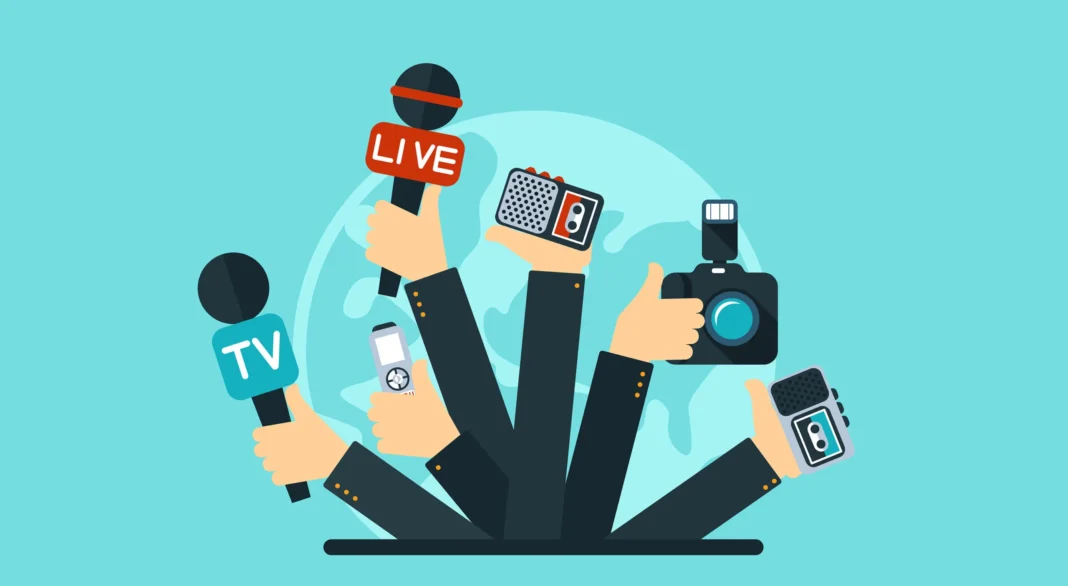By: Maryam Akseer Abbasi

In today’s fast-paced digital age, we find ourselves surrounded by a constant barrage of information. We are surrounded by a flood of signals that mold our perception of the world, whether we are reading articles online, watching the news, or scrolling through social media. This is where media literacy comes into play, a crucial skill that enables you to identify different types of media and understand the messages they are sending. In today’s digital age, media literacy is equivalent to possessing superpowers. Whether you watch TV, browse social media, or read news online, it all comes down to being a cunning investigator. Consider media literacy as a superhero cape that will enable you to distinguish between real and fake news. It involves having the capacity to inquire about things like “Who made this?” and “Why did they make it?” It involves recognizing the deceptive tactics occasionally employed by the media and mastering the art of differentiating between fact and fiction.
A responsible citizen understands the importance of being savvy and secure in the online realm. The vast scope of the internet emphasizes the need to skillfully navigate digital tools such as social media and the Internet with efficiency and propriety. It’s crucial to grasp how to utilize these digital resources effectively and responsibly.
In a world where false information and fake news may spread quickly, media literacy serves as a barrier, enabling us to separate fact from fiction. The sheer amount and variety of media content we come across daily is one of the main reasons we require media literacy. Every piece of information, whether it comes from news stories or social media posts, has the power to alter our opinions and views. By assisting people in moving from being passive media consumers to active participants in the media landscape, media literacy acts as a buffer against deception.
Media literacy is important for more than just personal usage; it helps to shape a society that values truth, diversity, and critical thinking. By developing individuals’ media literacy abilities, we help to create a more informed and involved citizenry. As a result, individuals are better equipped to make judgments based on accurate knowledge rather than sensationalized tales, which supports a healthier democracy.
The writer is a student of media studies. She can be reached at [email protected]







